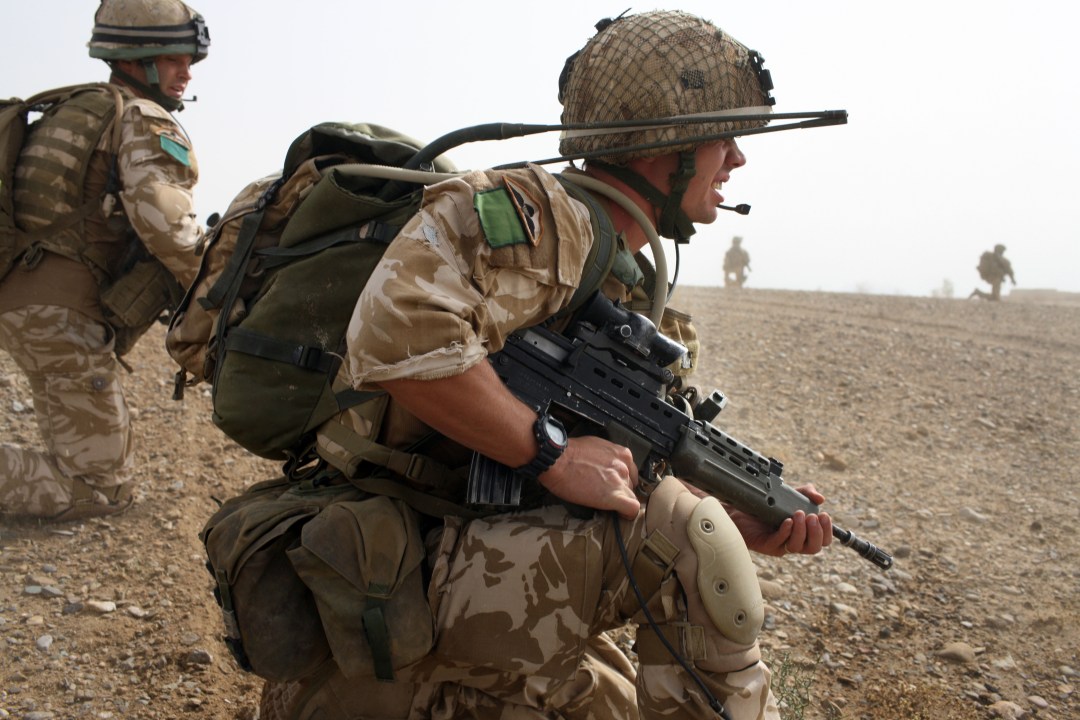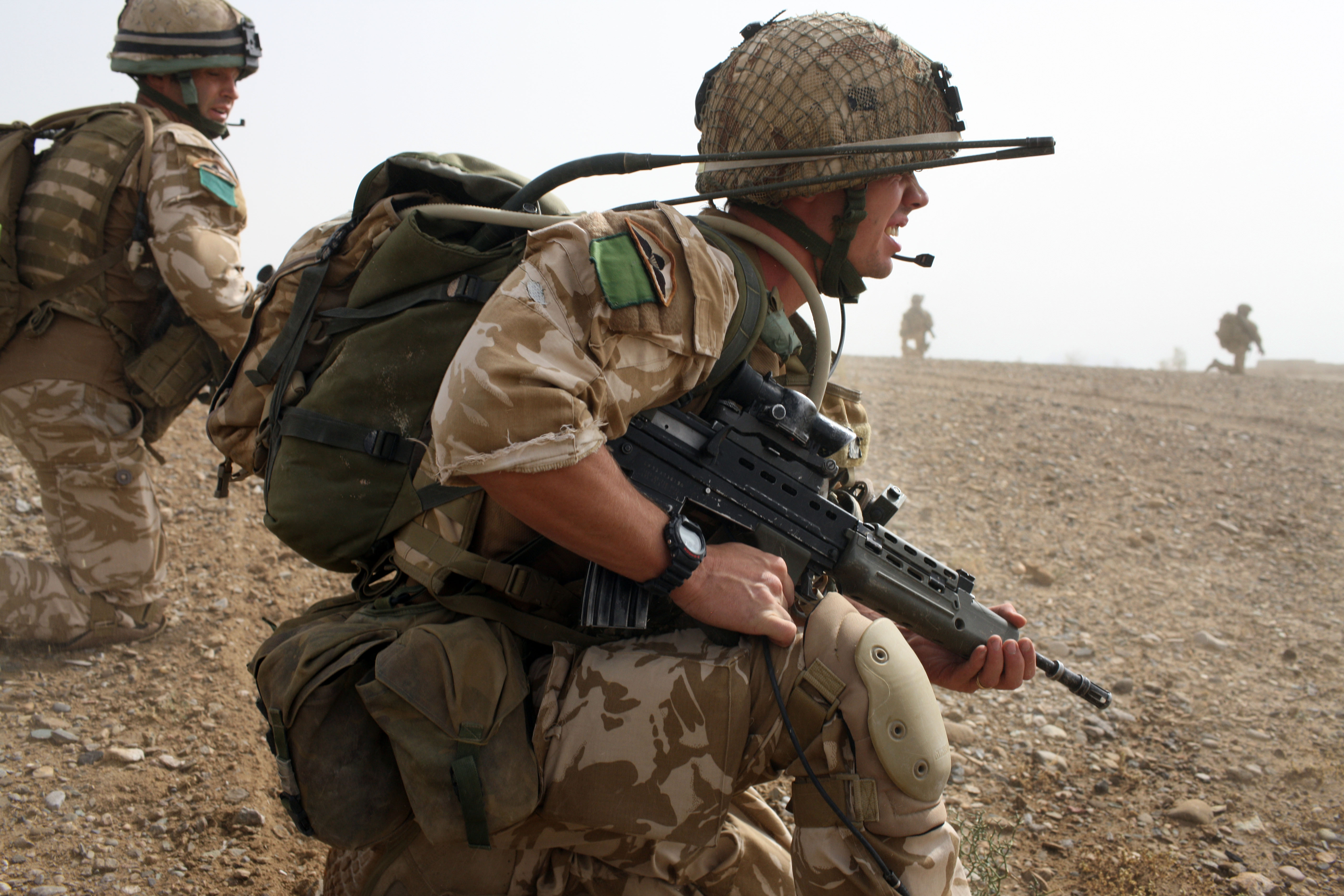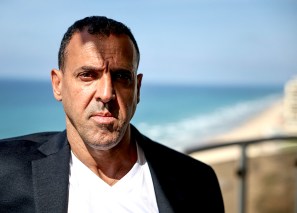 The appointment of a new Defence Secretary is one of the best things in Gordon Brown’s reshuffle. Des Browne had grown tired at the MoD, struggling to maintain the respect of the rank and file, battling to oversee two ministerial portfolios and failing to manage crises, like the Iranian capture of British sailors. John Hutton’s appointment is a chance for new thinking.
The appointment of a new Defence Secretary is one of the best things in Gordon Brown’s reshuffle. Des Browne had grown tired at the MoD, struggling to maintain the respect of the rank and file, battling to oversee two ministerial portfolios and failing to manage crises, like the Iranian capture of British sailors. John Hutton’s appointment is a chance for new thinking.
So what should the new defence secretary do in his first 100 days? Here are five ideas.
1) As Charlie Edwards says over on Global Dashboard, John Hutton needs to get himself to Iraq and Afghanistan and take the measure of both campaigns. There is too much confusion about British strategy in Iraq – with the FCO telling visitors Britain’s staying in Basra, and the MoD itching to get out – while NATO’s Afghan campaign is clearly going off the rails. This cannot continue and, once back from the front, Hutton should ask the Prime Minister to be put in charge of both missions. A new cross-Whitehall Afghanistan Unit should be set up to assist with this new set of responsibilities.
2) Re-focus the defence establishment, which has suffered under inadequate funding, erroneous concurrency assumptions and a Cold War bureaucratic set-up. Britain’s clearly in need of a Strategic Review, like the SDR in 1997 and the SDR New Chapter in 2001. As there may not be time to undertake a fundamental review before the General Election, Hutton should create a new, independent Defence Policy Board – chaired by someone like RUSI’s Michael Clarke – to begin thinking the unthinkable. For too long, strategic thinking has been stymied inside the MoD and the appointment of a new Director of Strategy will only go so far. New input is needed and the board could be asked to draft a series of essays on key defence topics like energy security, recruitment, veteran affairs, counter-insurgency etc.
3) The MoD needs to re-think its procurement process. It is simply too antiquated and slow-moving to support Britain’s 21st century military roles. The appointment of Kevan Jones as a minister will be useful as he has shown himself dogged in pursuit of better procurement practices while serving on the House of Commons Defence Committee. He should chair a review of the MoD’s procurement system with a view to undertaking root-and-branch reform.
4) Hutton needs to look at the conditions of soldiers and veterans. The potential population of veterans and dependants is estimated between four and five million; a figure set to rise. Much has been done recently, with the establishment of the Service Personnel and Veterans Agency and the launch of www.veterans-uk. But more can still be done.
5) Britain’s foreign security policy needs a re-think. The Labour government’s support for NATO has been formulaic and its position on ESDP unclear. Hutton should use the December meeting of NATO’s defence ministers to lay out what Britain thinks is required to make the Alliance fit for another 60 years. This should include examining the idea of a NATO Military Advisory Force, which can ensure the availability of training teams like those required to build the Afghan forces. He should also take on the task of getting candidates for the post of NATO Secretary-General (my suggestion would be Joscka Fisher, but I’m not sure he’d take it).
To get France on board the necessary change inside NATO, Hutton should propose a St Malo II summit – this time including the Poles, Germans and Italians – to chart the next stage of ESDP’s development. Efforts to make Europe’s militaries fit for purpose – the purpose in today’s world being expeditionary, multinational operations, not stopping invaders at the national frontier – have been famously unproductive. 70% of Europe’s land forces simply cannot operate outside national territory. Britain should lead an effort to deal with this lacunae, pushing a model of ‘variable geometry’ – with some EU countries pooling their efforts on defense research, others setting up joint air transport commands, and so on – each according to national interest and aptitude. This approach could help build key capabilities across Europe – which would help Britain – yet stop well short of the creation of any kind of European army.
In short, John Hutton has his tasks cut out for him. But if he focuses on these five areas – and shows a little more deftness of touch than his predecessors – there is every reason to believe that he can be a successful Defence Secretary, even in such difficult times.







Comments